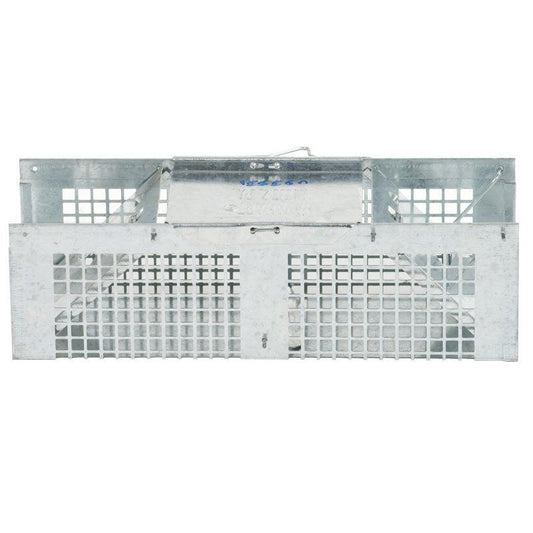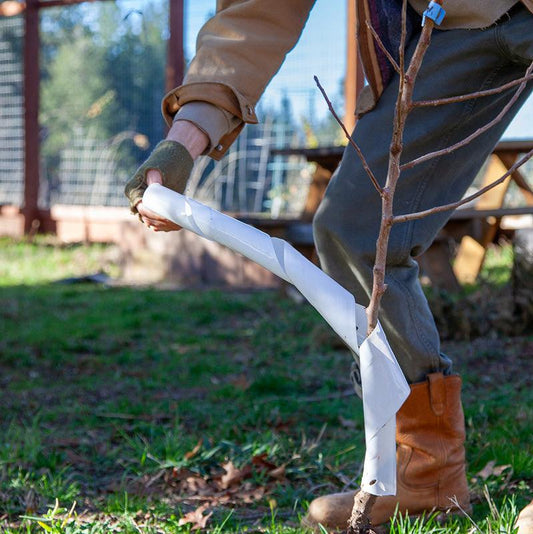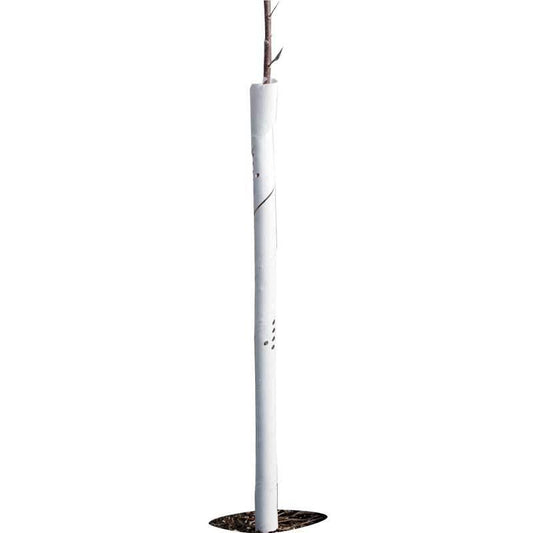Keep the Mouse Out of the House!
Wild mice may look harmless, but when they find their way into your home or garden, they bring trouble. From chewing through stored seeds to spreading dangerous diseases like Hantavirus and bubonic plague, mice and other rodents are pests that need to stay outside where they belong. By taking preventive measures, you can protect your home and garden from these unwanted guests.
Why Keeping Mice Outside Is Important
There are two main reasons to ensure mice don’t invade your home or garden. First, they can ruin your stored seeds and other items. Many gardeners know the frustration of finding carefully stored seed packs gnawed on by mice. Second, mice are vectors for serious diseases. Hantavirus, which causes severe respiratory illness, and bubonic plague, though rare, are still risks associated with rodent infestations.
While mice might seem cute, rats, squirrels, and chipmunks are often regarded as less charming but pose similar health risks. In Los Angeles, for instance, squirrels have been identified as carriers of bubonic plague. Keeping all wild rodents out of your living spaces is essential for both safety and peace of mind.
Preventing Rodents from Setting Up Shop
The cornerstone of any rodent control strategy is prevention. One of the first steps in Integrated Pest Management (IPM) is creating physical barriers to stop mice and rats from entering your home.
Seal Entry Points
Mice can squeeze through holes as small as a dime, so it’s crucial to inspect your home for gaps or cracks that could serve as entry points. Use steel wool or caulk to seal small openings and hardware cloth for larger gaps. Pay attention to areas around utility pipes, vents, and windows.
Rodent-Proof Seed Storage

Properly storing seeds and food items is critical to preventing rodent infestations. Rodents have strong teeth that can gnaw through plastic and wood, but metal and glass containers can stop them. Use metal seed tins or Le Parfait glass jars with rubber gaskets for an airtight seal.
A cautionary tale underscores the importance of secure storage. A family once stored their seed packs in a basket in the garage for years without issue, thanks to their cat, which kept mice away. However, after the cat passed away, the mice discovered the seeds and destroyed the collection in a single winter. This story serves as a reminder to use proper storage methods regardless of other deterrents.
For ultimate protection, consider storing seeds in a refrigerator. The cold temperature not only keeps seeds fresh but also deters pests from accessing them.
Composting Without Rodents
Compost piles can attract rodents looking for an easy meal. To prevent your compost from becoming a rodent buffet, use a closed compost container. Regularly turning the pile with an aerator or fork helps maintain proper oxygen levels, speeding up decomposition and reducing its attractiveness to pests.
Keep your compost balanced by avoiding meat, dairy, and greasy foods, as these items are particularly appealing to rodents. Instead, focus on vegetable scraps, yard waste, and other plant-based materials.
Humane and Non-Toxic Rodent Control
If you already have mice in your home or garden, humane and eco-friendly options can help you manage the problem.
Natural Deterrents
Certain scents can repel rodents. Peppermint oil, for example, is a natural deterrent. Soak cotton balls in peppermint oil and place them near entry points or areas where you’ve noticed rodent activity. Clove and cayenne pepper are also effective repellents.
Catch-and-Release Traps
Humane traps allow you to capture mice and release them far from your home. Be sure to release them at least a mile away to prevent them from finding their way back.
Ultrasonic Repellents
These devices emit high-frequency sounds that are unpleasant to rodents but inaudible to humans and pets. They can be a good addition to your rodent control arsenal, especially in areas like garages or sheds.
Mechanical Barriers in the Garden
Rodents don’t just invade homes; they can also wreak havoc in your garden. Protect plants and stored produce by using hardware cloth or mesh barriers. Raised garden beds with protective covers are particularly effective at keeping rodents away from vegetables and fruits.
When to Consider More Aggressive Methods
While prevention and humane methods are ideal, severe infestations may require more aggressive approaches. Snap traps can be effective in situations where other methods have failed. Avoid using chemical rodenticides, as they pose risks to pets, wildlife, and children. Additionally, poisoned rodents may die in inaccessible areas, creating unpleasant odors.
A Long-Term Rodent Control Strategy
The key to long-term success is a combination of prevention, monitoring, and active control methods. Inspect your home and garden regularly for signs of rodent activity, such as droppings, gnaw marks, or tracks. Address issues promptly to prevent infestations from escalating.
By sealing entry points, using rodent-proof storage, and maintaining a clean and secure compost system, you can keep the mouse out of the house and garden for good. With a little effort and the right tools, you’ll enjoy a rodent-free home and garden.
Explore our full collection of Rat & Mouse Traps, Poison & Control.
For more information, see our video on How to Get Rid of Mice & Rats.
Lead photo courtesy of Rat Pack.








2 comments
Allan, try finding where they are getting in and plug up the holes.
Thanks for the tips! It’s the poop that I can stand! I basically live and work in my studio; eating and cooking regularly on a tabletop surface. Sure enough every morning they leave their nuggets speckled across the counter! Ack! Daily cleaning it drives me bananas! Do you have any tips for keeping them out of my space? Thank you!